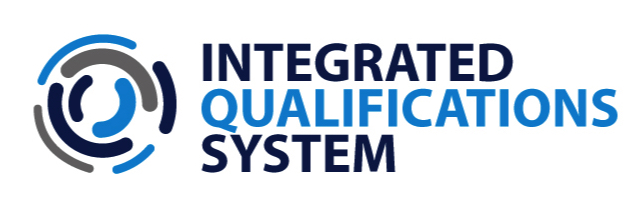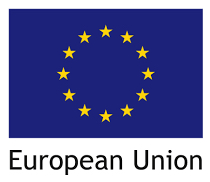Even today, the conviction that what matters the most is our formal education, i.e. what we learn at schools and universities, still lingers on. The process of learning is associated mainly with young people. Yet it is in our adulthood and outside of the formal education system, e.g. at work, where we acquire most of our professional skills. It has become increasingly popular among individuals who want to find a new job or expand their professional knowledge to enrol on various courses and trainings. Results of the experience gained through such courses and trainings may be referred to as lifelong learning outcomes. The concept of lifelong learning comes down to believing that it is necessary to constantly improve our competence. Everything that we learn is relevant. It does not have to be about official skills acquired through and confirmed by paid training.
Many adults take advantage of on-line courses or private classes, e.g. in programming. This means that many people have the skills but they lack validation of these skills, which would improve their position on the labour market. So how can we validate our competence so that the employer is sure he is hiring the right person?
Competence validation
The solution is to undergo a process of validation of learning outcomes, i.e. a process, in the course of which it is confirmed that particular learning outcomes, subject to evaluation, correspond to precisely defined requirements applicable to a given qualification. Let us use the qualification related to Installation of woodwork as an example. The person aspiring after this qualification must be an expert in materials, construction as well as construction elements and must be capable of reading technical documentation.
The key elements of the competence are as follows: knowledge and its application, i.e. skills and social competence. Therefore, the validation procedure is to verify the competence of the candidate and enables awarding the candidate the qualification confirmed by the certificate – regardless of how a given competence has been acquired. Due to the age of the individuals who most frequently decide to have their competence validated and who can benefit the most from the process, the validation is not a typical exam. In most cases, it is adults with some professional experience, who apply for validation. During the process, actual, practical skills are verified. In general, validation consists of three stages:
- identification,
- documentation,
- assessment of learning outcomes.
Benefits of validating one’s competence
It has become increasingly important in the EU states to have one’s learning outcomes (i.e. competences) validated. Systems which enable such validation are already in place in every EU state. This way, EU citizens can have their competences, acquired outside of the formal education system, confirmed. Improvement and adjustment of competences of citizens to the requirements of the labour market are of key importance for improved competitiveness and increasing the chance for finding a job. The validation system provides credible information on the competence of a given individual in terms of a specific qualification and by the same token promotes lifelong learning and may offer a better position on the labour market. An official acknowledgement of one’s skills significantly facilitates professional resourcefulness. In other words, validation improves adjustment of employees’ competences to the requirements of the labour market – therefore, lifelong learning is so important.
What do I need to do in order to have my skills validated?
Find an Awarding Body
The process of validation is carried out by a particular Awarding Body, i.e. en entity authorised to award particular market qualifications incorporated into the Integrated Qualifications System (IQS) or, in other words, to issue certificates confirming the possession of a given qualification. All Awarding Bodies are required to make the information on validation public by making it available on their web pages.
Read the qualification description
Depending on the Awarding Body, the course of the validation process may vary but in all cases particular requirements assigned to a given qualification are being verified, which can be checked in a widely accessible Integrated Qualifications Register (IQR). For the list of qualifications go here: https://rejestr.kwalifikacje.gov.pl.
Contact an expert
Visit https://kwalifikacje.edu.pl/kontakt/ and contact a qualified expert, who will provide you with detailed information.
Undergo validation and obtain a certificate
Prove that you have a given market qualification. Undergo the validation procedure, in the course of which experts will verify if you have the required knowledge and skills. It is not relevant how you have acquired the knowledge and the skills. It could be through an Internet course, serving your internship in a family business or simply by cultivating your hobby. Once the experts have acknowledge that you presented all the required learning outcomes, i.e. you know and can do everything that has been included in the description of the qualification you are aspiring after, you will be awarded the relevant certificate.












